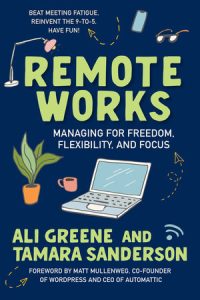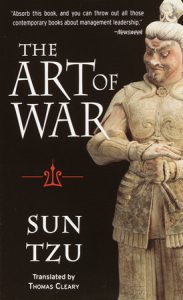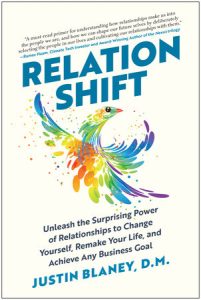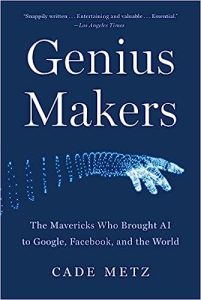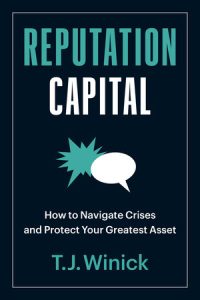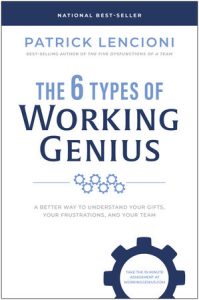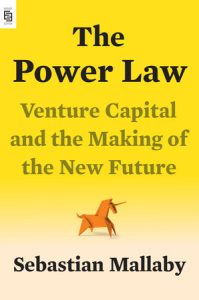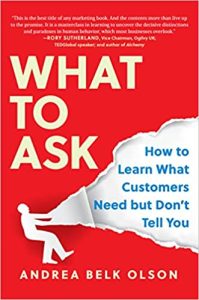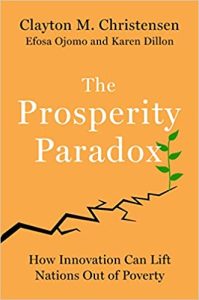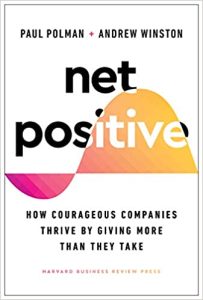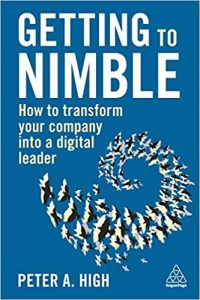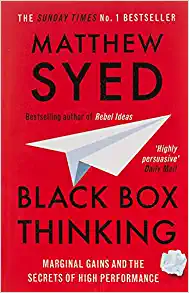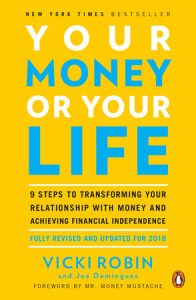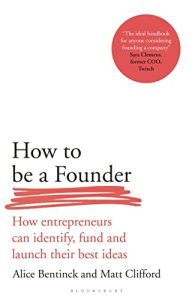Remote Works
₦12,000.00Drawing on their years of experience working at remote companies DuckDuckGo and Automattic, plus dozens of interviews with leading experts, Ali Greene and Tamara Sanderson have written the ultimate playbook for managing remote teams.
This book addresses challenges such as communicating effectively (with fewer meetings!), eliminating frustration over what tools to use, establishing team norms, and focusing on getting things done. You will learn how to work best remotely and create a workplace designed for freedom, flexibility, and focus.
For decades, we’ve planned our lives around our work. Now it’s time to intentionally design work to fit our lives.

